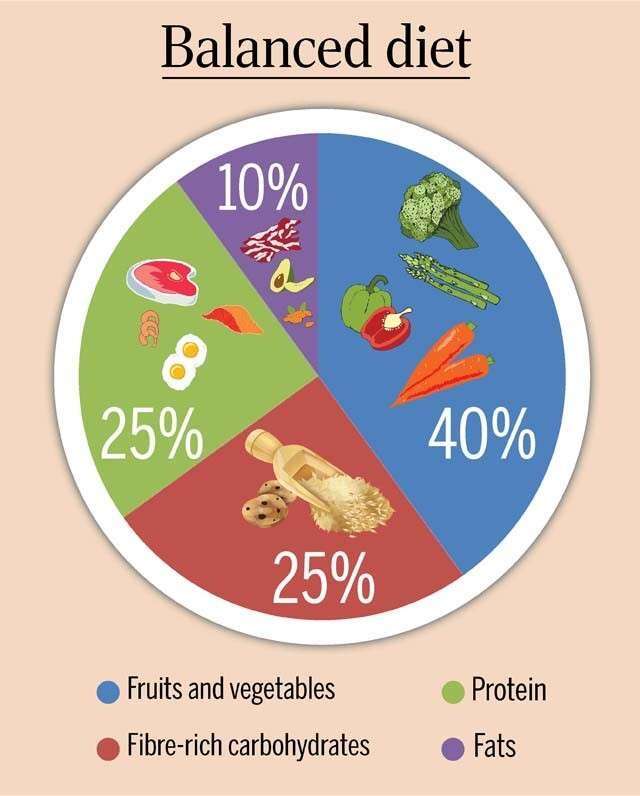Diabetes refers to the high levels of available sugar (glucose) present in the blood. Glucose is an important source of energy for the body. If one has diabetes his/her body won’t be able to process and use glucose from the digested food. It is a very common lifestyle issue these days worldwide and can lead to serious consequences like kidney, heart, eye damage, and many more. A hormone named insulin secreted from the pancreas helps our body to provide available glucose to the body cells for energy production. This information makes it easy to understand that if anyone has diabetes that’s mean the person’s pancreas isn’t making enough insulin or maybe the body’s cells are not responding to it, and that’s why glucose levels rise in the bloodstream.
and many more, if not controlled properly. Commonly diabetes is of 3 types: –
- Diabetes type 1
- Diabetes type 2
- Gestational diabetes
- Diabetes type 1: – It is an autoimmune disease. In this case, insulin-producing cells get destroyed in the pancreas. 10 -12% of the population among all diabetics have diabetes type-1. It can develop at any stage of life usually found in juveniles. This is insulin-dependent diabetes and has to take insulin injections regularly.
- Diabetes type 2: – it is the most common type of diabetes and up to 85-90 % are having this type among all diabetics. In this person’s pancreas isn’t making enough insulin or maybe the body’s cells are not responding to it or you might have heredity diabetes in your family. It is possible to reverse or retain healthy life in this case but needs lots of effort, self-motivation, proper guidance, and a healthy lifestyle.
- Gestational diabetes: – Some female develops this type of diabetes during their pregnancy.
- Symptoms of diabetes
- Intense thrust
- High B.P
- Over/under weight
- Excess urination
- Frequent infections
- Dry mouth
- Week eyesight
- Sexual defuncting
- Dementia
- Depression
- Preeclampsia
Dietary guidelines or sources that must be included and avoid in regular life for maintenance during diabetes
- As excessive glucose in the bloodstream indicates diabetes, we must reduce refined and direct sugar consumption in our day-to-day life.
- We must increase whole grains, more of fibers, high protein in our diet as primary energy sources
Fiber and roughage like- green vegetables, leafy vegetables, vitamin c, and antioxidant-rich vegetables like broccoli, capsicum, and fruits (avoid high glucose or high glycemic content like banana, mango, cheeku, potato, etc)
Proteins like egg, low-fat fish, lentils, beans, Greek yogurt, nuts, flax seeds, chia seeds and etc
apple cider vinegar, avoid fruit juices (even fresh juices)
- Limit alcohol consumption and quit smoking if you do
- Proper and timely sleep
- The optimum amount of water intake
- Must keep ourselves active throughout the day. Deep breathing exercises are also very helpful
- Control or maintain weight
- Take proper consultations with doctors and diet consultant.


